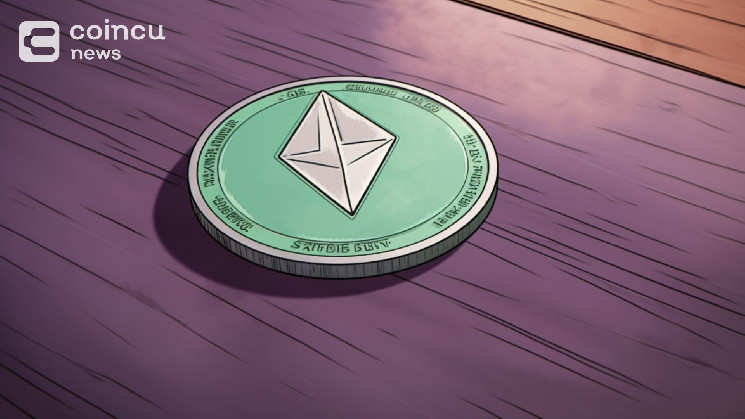Key Points:
- On June 22, the median Ethereum gas price fell to 2.9 gwei, the lowest since January 2020, following the Dencun upgrade on March 13.
- The Dencun upgrade introduced EIP-4844, reducing Layer 2 transaction costs by over 90% and easing the burden on the mainnet.
On June 22, the median Ethereum gas price dropped to 2.9 gwei, marking the first time it has been below 3 gwei since January 2020 and the third-lowest daily gas fee in the past five years.

Read More: When are Ethereum gas Fees the Lowest? And How to Reduce Transaction Costs?
Ethereum Gas Prices Hit Historic Low After Dencun Upgrade
According to a Dune Analytics dashboard by @hildobby, the Ethereum gas price currently stands slightly higher at 3.13 gwei. This drop is significant when compared to a year ago, when the median gas price was around 18 gwei, approximately six times higher than the current rate. The highest gas price for 2024 was recorded on March 5, with a one-day median of 83 gwei.
The steep decline in Ethereum gas prices followed the activation of the network’s Dencun upgrade on March 13. This upgrade introduced proto-danksharding, which replaced gas-intensive calldata with lightweight Binary Large Objects (blobs) via EIP-4844, drastically reducing costs associated with Layer 2 transactions. As a result, gas fees on top Layer 2 networks dropped by more than 90%, significantly alleviating the burden on Ethereum’s mainnet by finalizing L2 transaction bundles.
Increased Ether Supply Challenges Deflationary Narrative
While the reduction in Layer 2 transaction baggage led to a dramatic decrease in Ethereum gas prices, the Dencun upgrade also appears to have had an unintended consequence.
According to Ultra Sound Money, Ethereum’s supply has grown by 120,172,371 ETH, a rate much higher than Bitcoin’s, impacting ETH’s price significantly. The upgrade has thus challenged Ethereum’s deflationary narrative by increasing the Ether supply.
| DISCLAIMER: The information on this website is provided as general market commentary and does not constitute investment advice. We encourage you to do your own research before investing. |






